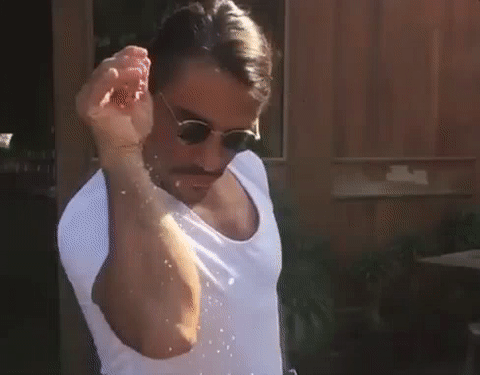crd 81
Double Eagle Member
- Joined
- Oct 16, 2007
- Messages
- 1,006
"B. A disc which has been modified after production [my emphasis] such that its original flight characteristics have been altered is illegal, excepting wear from usage during play and the moderate sanding of discs to smooth molding imperfections or scrapes. Discs excessively sanded, or painted with a material of detectable thickness, are illegal. Adding a device to make a disc easier to find (for example, a light, ribbon, or chalk dust) is allowed only when night or snow play has been announced by the Director."
While I know this has been talked about in the past, I'm bored and would like to see how people would vote between the two interpretations. With that in mind:
1. Does "modified after production" include artificially seasoning a disc?
OR
2. Does "modified after production" only include changes in a disc such as drilling holes, adding weight, removing a bead, etc., that are contrary to the original/intended design and subsequent approval of the disc?
I think the rule applies to the second interpretation due to the rest of context. What say you all?
While I know this has been talked about in the past, I'm bored and would like to see how people would vote between the two interpretations. With that in mind:
1. Does "modified after production" include artificially seasoning a disc?
OR
2. Does "modified after production" only include changes in a disc such as drilling holes, adding weight, removing a bead, etc., that are contrary to the original/intended design and subsequent approval of the disc?
I think the rule applies to the second interpretation due to the rest of context. What say you all?
